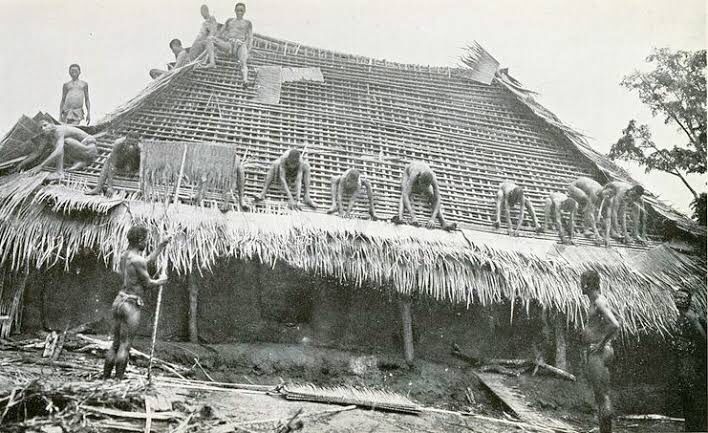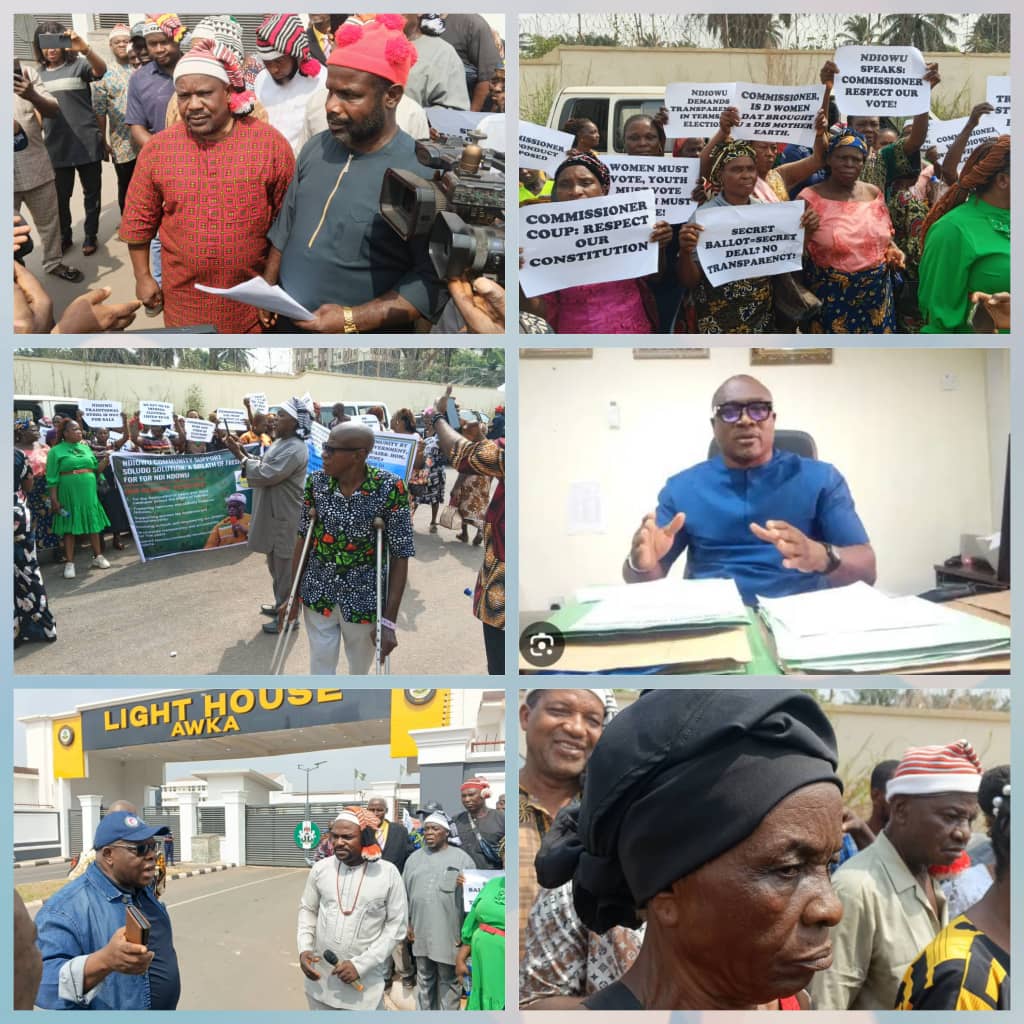The Nri Kingdom holds a significant place in Igbo history as an ancient political and spiritual center.
The Nri Kingdom, located in present-day Anambra State, Nigeria, emerged around the 10th century AD. It was one of the oldest centralized states in West Africa and played a crucial role in shaping Igbo society. The kingdom was renowned for its political organization, religious practices, and cultural influence.
The Nri Kingdom was a theocratic society, meaning that religious and political authority were intertwined. The Eze Nri, also known as the “King of Nri,” was the supreme ruler and considered the spiritual leader of the Igbo people. The Eze Nri’s power was derived from the belief in his divine ancestry and his ability to communicate with the spiritual realm.
The Nri Kingdom was a hub of religious and spiritual activities. The Nri people practiced a unique form of traditional religion, centered around the worship of deities and ancestral spirits. The Nri Oracle, known as the “Agbala,” played a vital role in religious ceremonies and was consulted for guidance on important matters.
The Nri Kingdom exerted a profound influence on Igbo culture and traditions. The principles and norms established by the Nri rulers, known as the “Ogbo,” shaped societal values and behaviors. Their influence extended beyond the Nri Kingdom, as neighboring communities looked to Nri for guidance in matters of governance, justice, and spirituality.
The Nri Kingdom was renowned for its artistic expressions, particularly in the form of sculptures, terracotta figurines, and bronze works. These artworks often depicted important religious and cultural symbols, such as the “Ikenga” (a symbol of personal achievement and spiritual power) and the “Ukara” cloth (a symbol of social status and identity).
Although the Nri Kingdom declined in political power over time, its cultural and spiritual legacy continues to shape Igbo society. The principles of governance, religious practices, and cultural traditions established by the Nri rulers still exist today.





